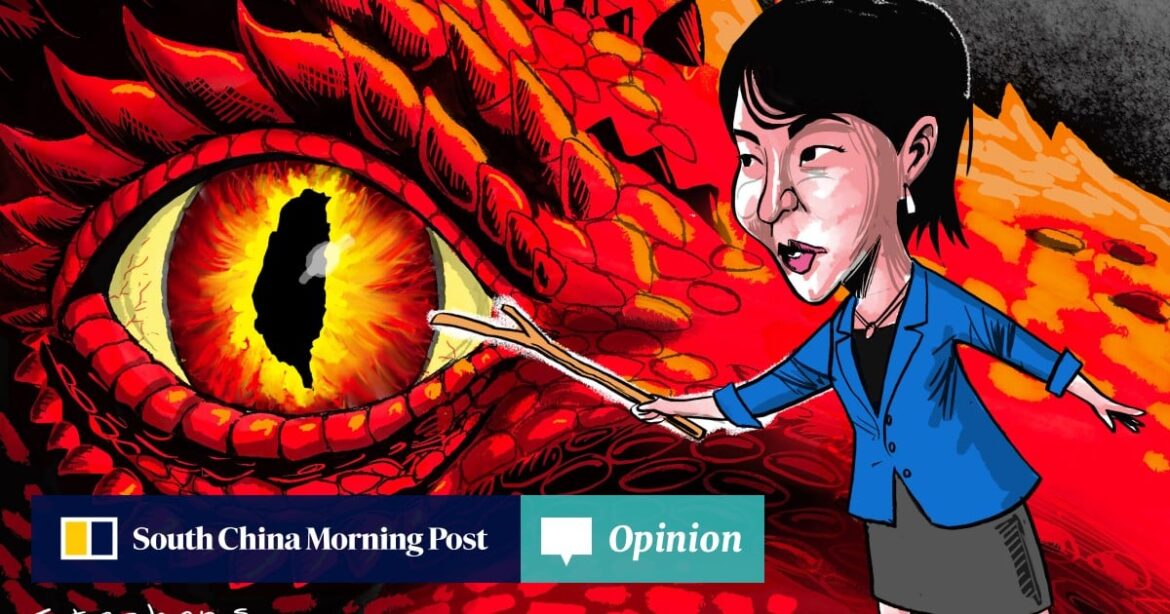Japanese Prime Minister Sanae Takaichi’s recent remarks suggesting that Japan could intervene militarily in the Taiwan Strait under the pretext of a “survival-threatening situation” represent a strategic pivot away from Japan’s post-war pacifist ethos.
These statements, explicitly condemned by Beijing as “blatant interference in China’s internal affairs”, transcend mere diplomatic indiscretion. They reflect a calculated alignment with containment strategies aimed at curtailing China’s rise.
Takaichi’s gamble appears to be driven by domestic vulnerability. Leading a fragile administration after the Liberal Democratic Party lost its majority, she is stoking nationalist sentiment over Taiwan to consolidate her conservative base and divert attention from pressing domestic issues such as inflation and political funding scandals.
This gamble fundamentally misjudges, however, both Beijing’s resolve to uphold the one-China principle and the severe repercussions Japan will face.
Takaichi’s stance violates the one-China principle, a cornerstone of Sino-Japanese relations. Her refusal to retract these comments despite formal protests suggests a deeper objective – to test boundaries while appealing to domestic nationalist sentiments. This approach is historically tone-deaf.
Japan’s decades-long colonial legacy in Taiwan undermines its moral authority to opine on the island’s future. Invoking a “survival-threatening situation” alarmingly mirrors pre-war justifications of expansionism, evoking memories of imperial Japan’s aggression in the 1930s.


AloJapan.com